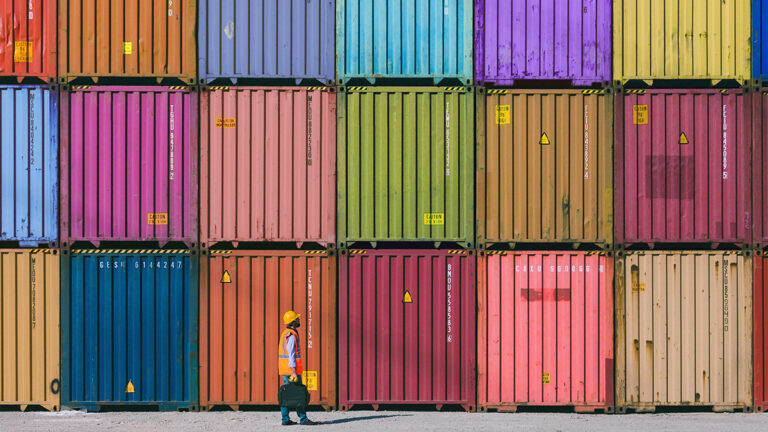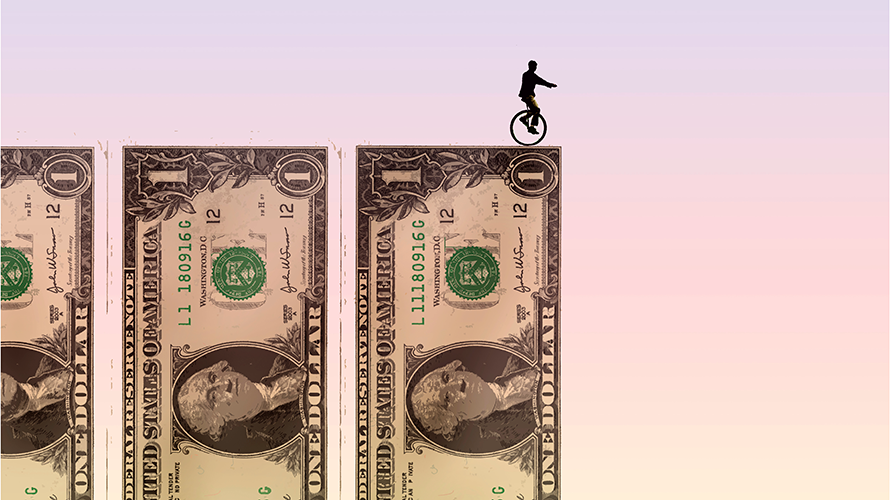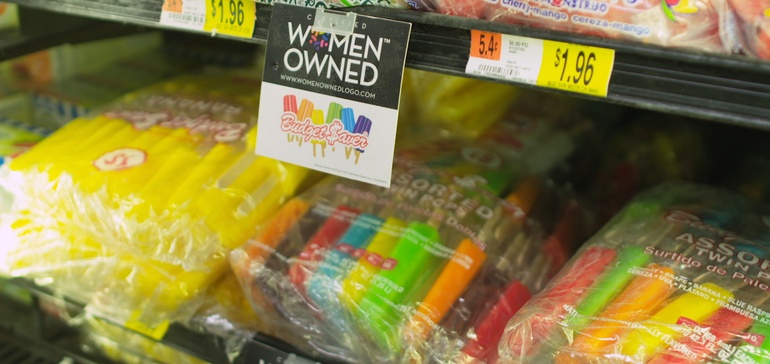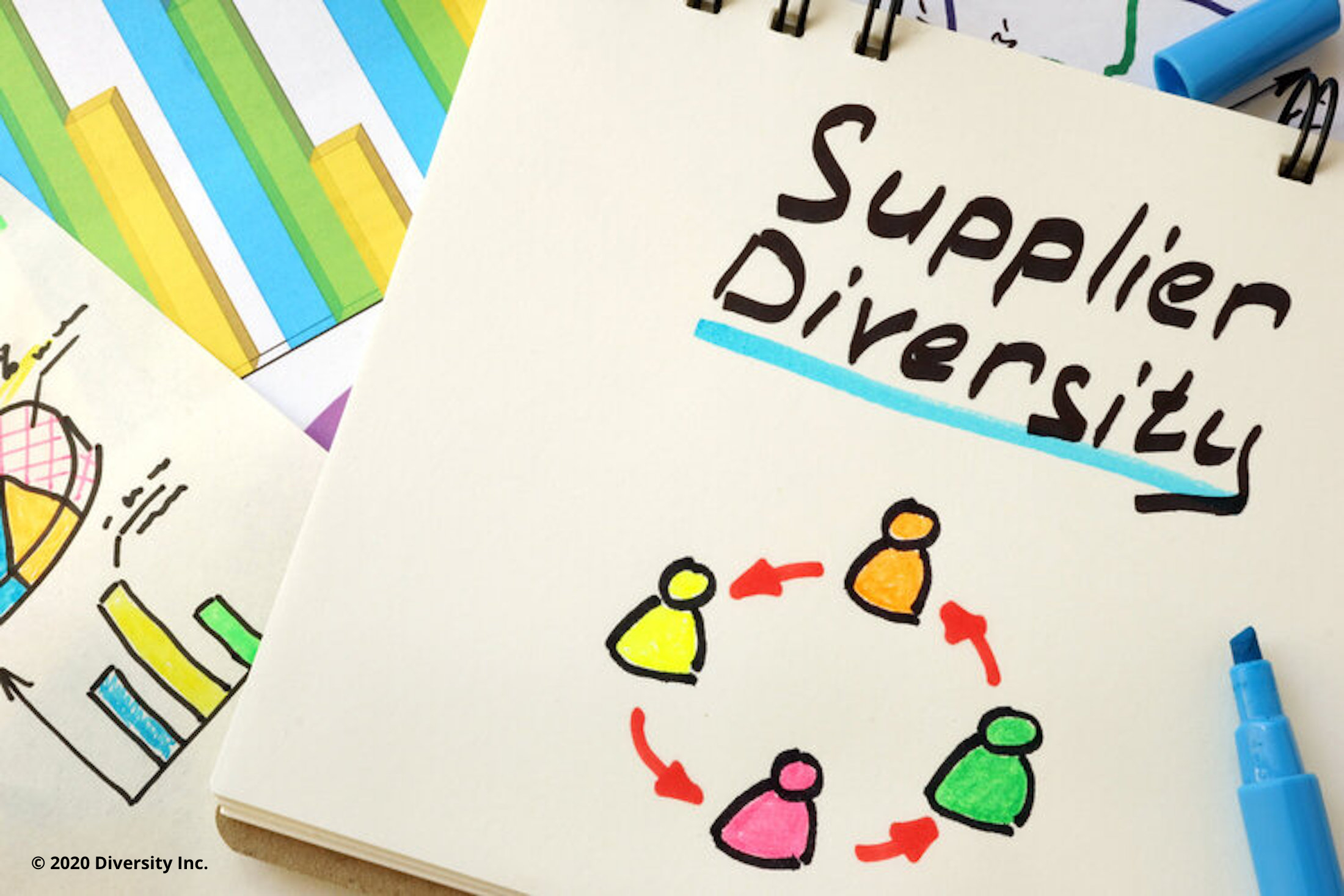The gig economy is alive and well. In fact, this modern online phenomenon has only…
The Pandemic’s Domino Effect on Supplier Diversity
As agencies and brands cut budgets and lay off or furlough staff during the COVID-19 pandemic, diverse and minority-owned vendors, contractors, and suppliers are expected to suffer more than others.
Supplier diversity programs have taken off in recent years as businesses proactively encourage the hiring of women-owned, ethnic/minority-owned, veteran-owned, LGBTQ-owned, disability-owned, and small businesses. Some companies have dedicated individuals who focus on supplier diversity; others have a team assigned.

The growth of these programs promised to empower multicultural communities and create positive social impacts, while improving the perception of brands as organizations that value diversity and reflect the communities they serve.
“’Supplier diversity’ isn’t just a buzz phrase,” Kathy Cheng, the Canada LGBT+ Chamber of Commerce’s 2020 Supplier Diversity Ambassador, told the Advertising Specialty Institute. “It’s about making the world a more equitable, fair and creative place, and supporting marginalized populations. Diverse voices and ideas make your product and company stronger.”
Now, the nation’s severe economic downturn threatens to unravel this progress, disrupting the market and magnifying the underlying economic disparities between white and diverse-owned businesses, according to the Association of National Advertisers (ANA).

“Given recent events, the state of the economy, and projections that many advertisers will decrease media investments, spending behind diverse suppliers for marketing/advertising is likely to decrease for many marketers in 2020 (as could spending behind diverse suppliers for the organization overall),” the ANA concluded in an addendum to its February 2020 survey of 105 client-side marketers.
“It’s gonna be brutal,” one survey respondent said.
A national analysis of minority- and women-owned businesses estimated that between February and April 2020, 41 percent of Black-owned businesses, 32 percent of Latinx-owned businesses, 36 percent of immigrant-owned businesses, 25 percent of woman-owned businesses, and 26 percent of Asian American-owned businesses closed either temporarily or permanently, compared to 17 percent of white-owned businesses.
In New York alone, 85 percent of woman and minority-owned companies believe they won’t make it to the end of the year, according to a July study by the New York City Comptroller’s Office.

Diversity in the supply chain has not received the same attention or visibility as diversity in the workforce, nor has it been immune to the hurdles of systemic racism and inertia. And with COVID-19 in play, the traditional routes of seeking diverse and minority-owned suppliers, such as industry conferences and business expos, have been cut off as well as opportunities to use them (location shoots, for instance).
In response, some organizations are trying to help businesses connect with diverse suppliers virtually. The Women’s Business Enterprise National Council (WBENC) features woman-owned businesses that are pivoting to meet emerging needs. The National Minority Supplier Development Council (NMSDC) offers a similar listing of certified minority-owned businesses on its website.
Adweek has also compiled a list of curated talent directories and diversity-focused staffing agencies, from Bid Black to Creative Women of Color. Other resources include FREE THE WORK, One Sandbox, and CVM’s Supplier Explorer tool.
At Curmudgeon Group, we’re built on female leadership who know the power of challenging the status quo.
“As a company, we have a lot of work to do when it comes to diversity and inclusion. Everyone needs to be accountable,” writes Josie Davis, founder and Chief Creative Officer at Curmudgeon Group.
“Diversity invites multiple perspectives and opinions to the table, and that’s something you can’t put a price tag on, especially in the creative field. Right now, we are an all-female, all-white team, and I am hyper aware of our core makeup. Since our founding, we’ve made a point of hiring women and minority-owned suppliers and contractors, and that’s something I am proud of, but there is always more to be done.
“Not only do more and more brands care about issues of diversity in the supply chain, but they should care about it and consider it in their hiring practices. It’s not just about your inner circle. It’s about whom you hire and look to every day, and whether or not you’re making a concerted effort, whether you’re making the choice.”
Diversity and inclusion are part of our core ethos, and it’ll take more than a global pandemic to stop us.




